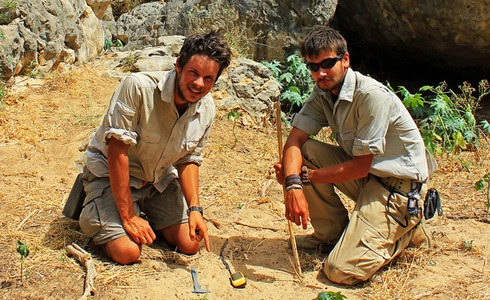A World of Adventure

James Borrell and Craig Turner on how to get the most out of biological expeditions
The Biologist Vol 61(6) p20-23
Biological expeditions have a long and varied history. Charles Darwin was a 22 year old graduate when he joined HMS Beagle as the ship's naturalist. The expedition – which he called "by far the most important event in my life" – lasted almost five years.
Expeditions essentially represent a journey with a purpose. The need to map and catalogue new territory was often the main objective of a scientific expedition. Today, perhaps to the dismay of aspiring modern day explorers, there is less and less unexplored land remaining. However, that doesn't mean there's nothing left to explore: there's much more to discover, albeit with a different focus.
Darwin wasn't the first graduate to take part in an expedition, and he certainly wasn't the last. Universities provide a melting pot for ideas and networking, but expeditions are open to all ages and stages of career. We have worked on them since our original student days to the present, spanning some 20 years.
Our purpose is not necessarily to convince you to go on an expedition – the only person who can do this is yourself – but to look at the options for any wannabe explorer.
Want to continue reading this article?
Click to login.


